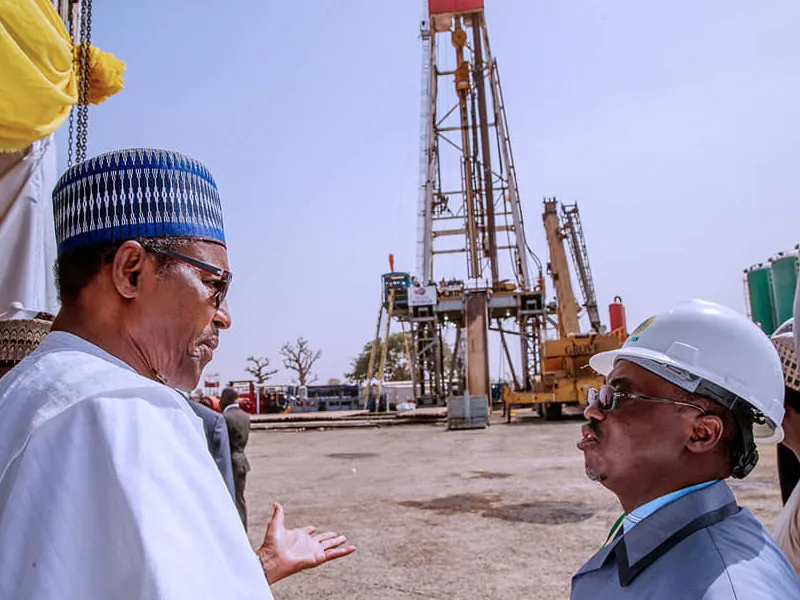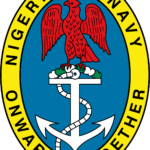The current controversies surrounding the 13 per cent derivation payment for natural resources exploitation in Nigeria could and should have been avoided. Its provision in Section 162 sub-section 2 of the 1999 Constitution as amended is part of the confusion as it does not specify the channel through which the funds should be distributed to the affected communities.
The overriding objective should be the interest of the communities that produce oil and other natural resources. Obviously, the best way must be the provision of projects that improve their welfare, after the resources have been exploited. There must be life for the affected host communities after the resources have been exploited. And, as the map of Nigeria’s resource-rich areas is being redrawn, this should be of interest to a wider part of the country.
In a training for journalists on budget reporting some eighteen years ago, we analysed as a class exercise the payments made to some of the nine oil-producing states, and found something quite interesting. We tried to calculate the per capita value of the monthly allocations in some of the states and found out that if the indigenes were to line up at their state capitals or local government headquarters to receive such amounts, they would end up not being able to achieve much with those amounts.
However, it became clear that the best way to deploy these funds for optimal results is to apply the concept of public goods. Public goods are those whereby there is no exclusion in consumption. In other words, the goods are such that once they are provided for one person, they are automatically provided for all.
- Reps propose law to jail parents who abandon babies
- Social media users score presidential candidates low on security agenda
The reason for this is the scale on which such goods must be provided for effectiveness. They involve large capital outlays, so much that they are best provided by the state, or, in the terminology of modern times, on a Public-Public partnership.
Another name for these goods is infrastructure in different forms, both social and physical: roads, bridges, power, security, portable water, etc. Part of the challenges that Nigeria faces today arises from the attempt to privatise what is by nature a public good. Take, for instance, roads and security. No one builds a road or bridge for himself alone. Just in the same way, the attempts to provide security for one man or a few in Nigeria will fail because the larger part of the society is exposed to insecurity.
Public goods form the backbone of the economy, and to the extent that they are provided, to that extent can an economy perform efficiently. Their presence or absence makes the difference between a strong economy and a weak one.
Thus, in that training exercise, we came to the conclusion that the best option for the host communities was to use the funds to develop infrastructure in the affected areas and capacity building of the people. None of the indigenes would be able to achieve anything meaningful with the N1,000 or N2,000 that they would get at the end of each month. They could build neither roads nor bridges for themselves, nor would they be able to provide power on a sustainable basis, apart from buying “I better pass my neighbour” type of generators. Imagine if this advice from the journalists had been taken seriously. Nearly 20 years after, the Niger Delta would have been transformed into a livable place.
Now, relating the above points to the Niger Delta region, it has resources but lacks basic infrastructure. I have traversed that region in the course of covering the oil and gas industry. It is in need of physical infrastructure: roads (on the land and swamps), and bridges, long and short, across the numerous rivers there. The dwellers need water they can drink instead of the salty water that dominates the place. They need land they can farm on and rivers for fishing, which is their major occupation. The exploration and production companies can wangle their way into those places, extract the materials they are after, and leave.
Besides the political undertones that the derivation fund has come to assume, there is a strong economic justification for the application of this fund in resource-rich areas. Exploitation of these resources inevitably results in damage to the environment, displacing people from their homes and businesses. Exploitation destroys the land, seas and even the air. These need to be remediated; in other words, the destruction of the environment has to be accounted for. The destruction of the environment is a cost to society, which until a couple of years ago, would ordinarily not reflect in the mining or oil companies’ books. This has created a distinction between the financial cost to the company and the social or total cost of such activities to society. Therefore, to capture the additional cost and present the true cost of economic activities, their overall impact on society has to be evaluated.
It is obvious, therefore, that the best use of these and similar funds is the creation of infrastructure that can strengthen the productive base of our rural areas. It makes no economic sense to exploit these resources in ways that leave the people poorer, or as welfare economists would say, worse off.
There has to be a consensus on the modalities for the utilisation of the derivation fund in the country. That should also include who should be responsible for its disbursement as well as the selection of projects on which the money should be spent.

 Join Daily Trust WhatsApp Community For Quick Access To News and Happenings Around You.
Join Daily Trust WhatsApp Community For Quick Access To News and Happenings Around You.


